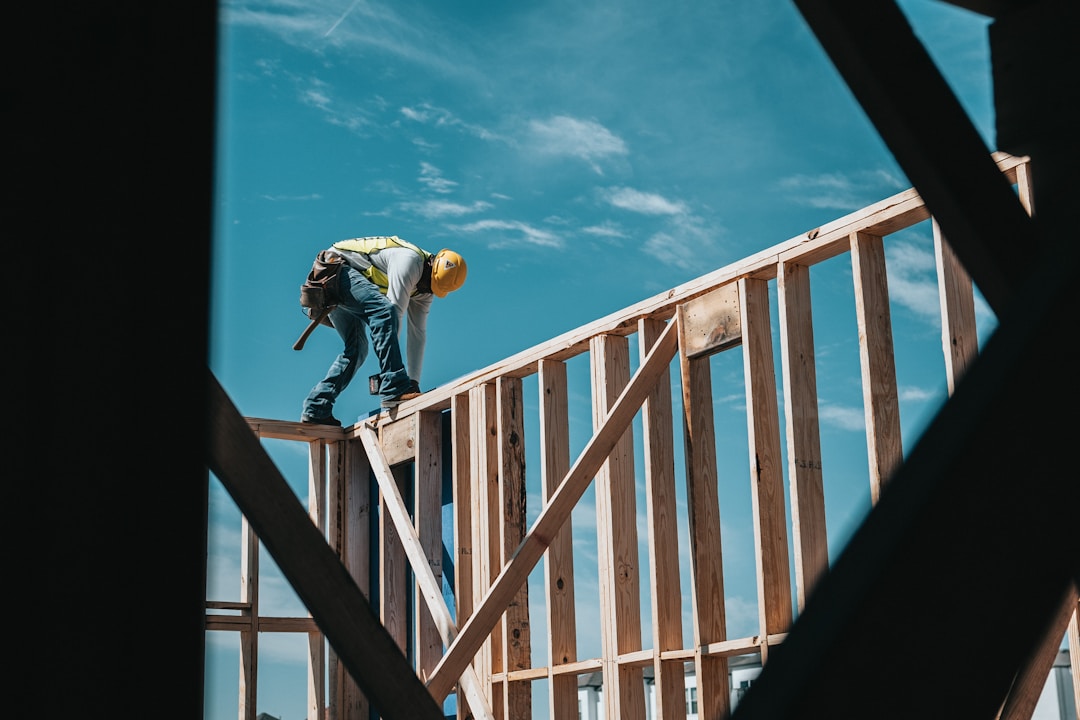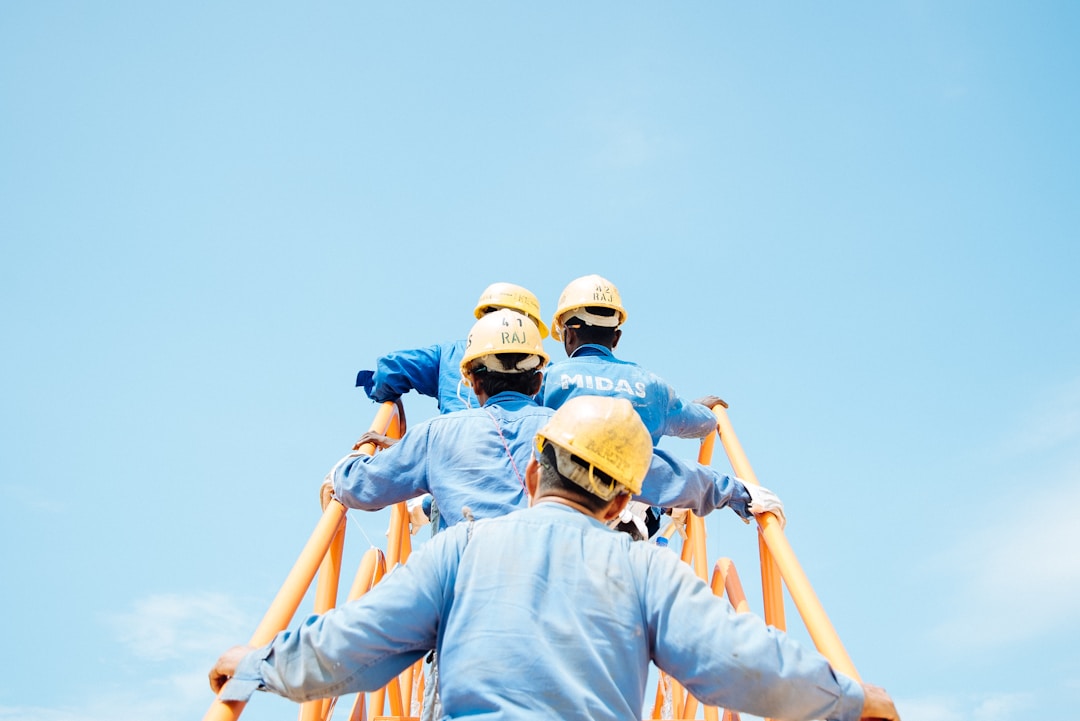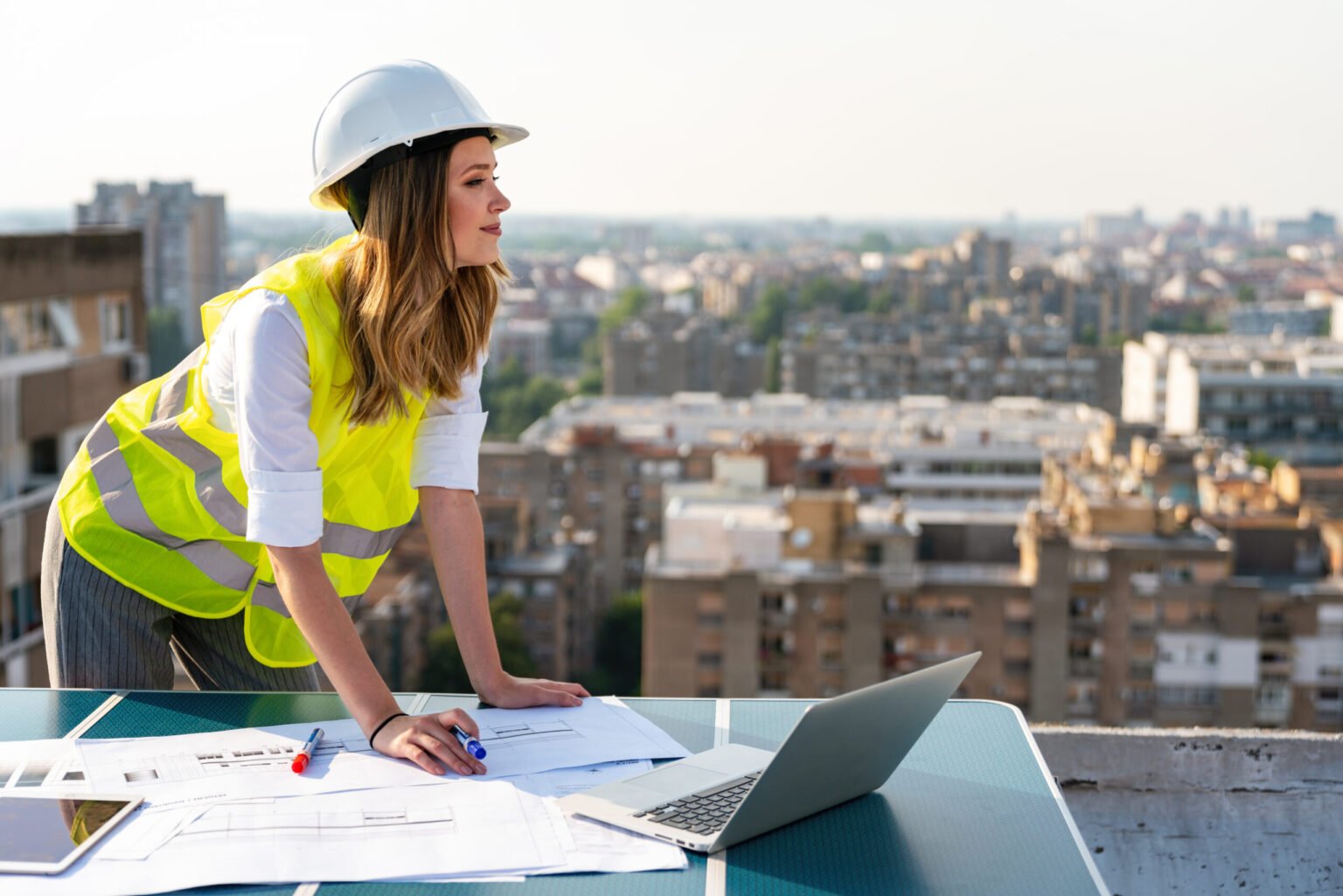Whether it’s a new construction project or a remodeling initiative, small- or large-scale, there’s always more than meets the eye in the construction industry. Building designs, safety regulations, construction techniques, and materials are not only dynamic but need a deep understanding to prompt success. This is why insightful knowledge of construction is more essential now than ever. Keep reading to unravel the realm of construction operations, the need for adequate insurance, sustainable practices, and how to choose a reliable construction company.
Understanding Construction Operations
Construction operations involve several interconnected procedures and stages. It begins with pre-design and ends with post-construction. Every stage implies critical decision-making and effectiveness. With various technological advancements, the construction industry is evolving rapidly. Computer-aided design (CAD) and Building Information Modeling (BIM) are reshaping the way structures are envisioned and documented. Also, each construction project requires meticulous planning, efficient project management, and a dedicated team to ensure that every stage is carried out effectively.
Nevertheless, despite advances in technology and management techniques, the industry still faces many challenges. Rising material costs, labor shortages, safety issues, project delays due to unpredicted factors, and sustainability are some of the difficulties that demand effective solutions. As a result, construction companies are continually seeking innovative ways to alleviate these problems.
In this context, the selection of a reliable construction company like Zaks construction building group is essential. With their experience and expertise, they ensure quality construction, the use of sustainable practices and materials, and adherence to safety regulations. Selecting such professional teams not only guarantees the successful completion of your project but also alleviates many potential problems and risks.
The Significance of Insurance in Construction

In the construction industry, various risks could harm the operation’s flow or result in financial losses. Accidents, natural disasters, theft of materials or machinery, and other unforeseen mishaps can delay the project and lead to unexpected expenses. For these reasons, having the right insurance for construction company becomes a necessity rather than a luxury. Insurance serves as a safety net that can financially protect the company, project, workers, and even the client.
It is crucial to understand that the kind of insurance needed may vary depending on the nature and scale of the project. Therefore, contractors and clients should engage in thorough discussions with insurance providers to ensure they choose a coverage plan that provides adequate protection. Comprehensive coverage could include property insurance, worker’s compensation, liability insurance, and more.
Sustainable Practices in Construction
Amid growing concerns over climate change and increasing awareness about the importance of environmental preservation, sustainability has become a central concern for all industries, with construction being no exception. Now, more than before, builders, architects, and constructors are emphasizing the use of materials and methods that do minimal harm to the environment.
More sustainable practices in construction include materials recycling, reducing carbon footprint, efficient energy utilization, and more. Although adopting these practices may increase initial costs, the benefits in terms of environmental conservation and potential savings, in the long run, are significant. Constructors who are keen on the environment and the legacy they leave behind are now increasingly adopting green technologies and emphasizing sustainability.
Selecting the Right Construction Company

Finally, the success of any construction project heavily relies on the ability, expertise, and reliability of the construction company selected for the task. As opposed to simply choosing based on cost or speed, several other factors must also be considered. These considerations might include the company’s past performance, reputation, adherence to safety norms, use of technology, and commitment to sustainability.
Moreover, a sound construction company should provide clear and regular communication, showcasing transparency and integrity. It should also have a robust system for managing unexpected obstacles or delays. Lastly, a prudent construction company would adhere to ethical practices, considering the impact of its activities on the community and the environment at large.
Overall, thorough knowledge of construction operations, proper insurance, sustainable practices, and the right construction company constitute the building blocks of a successful construction project. With these, any construction initiative is more likely to be executed effectively, on time, and within the designated budget.




